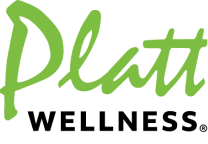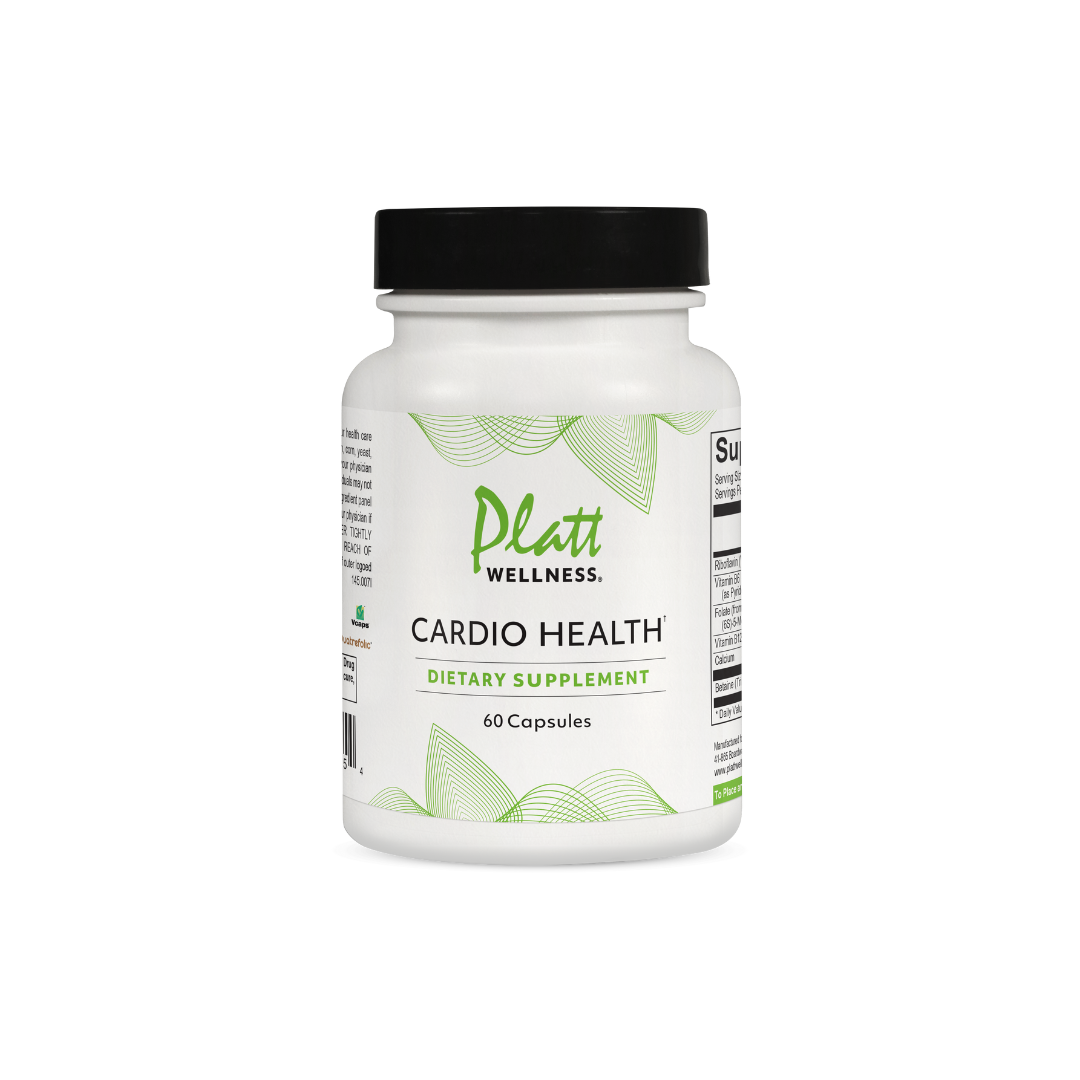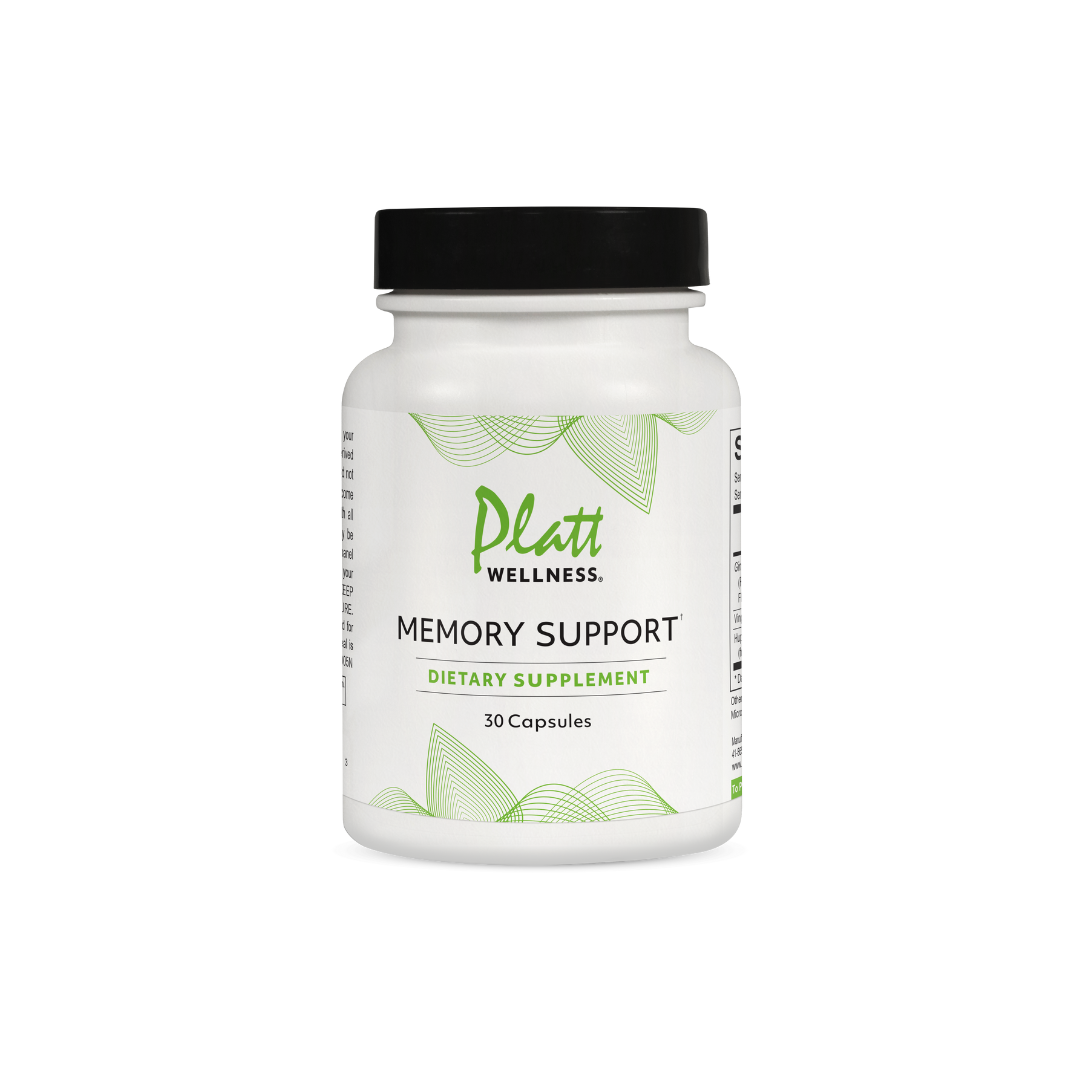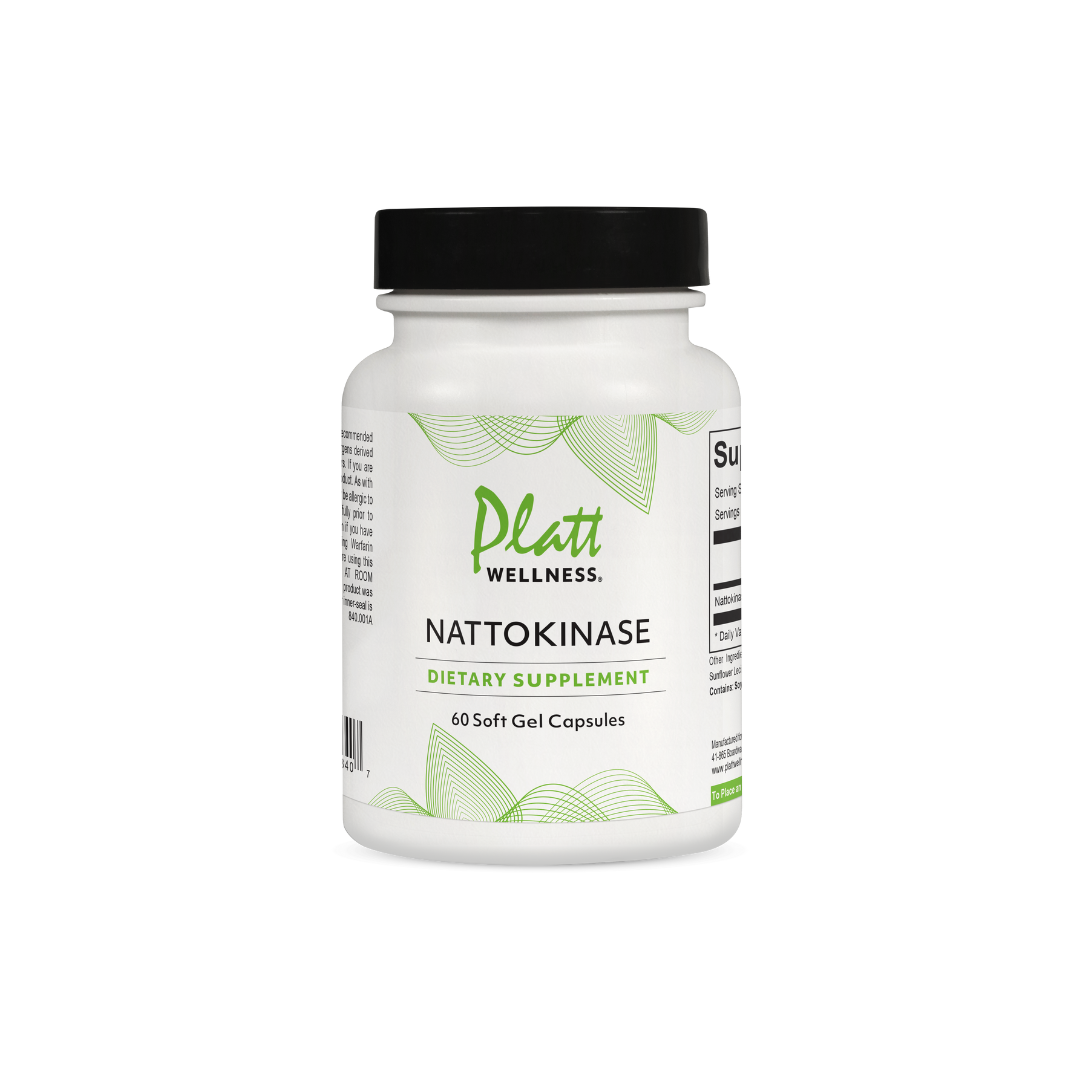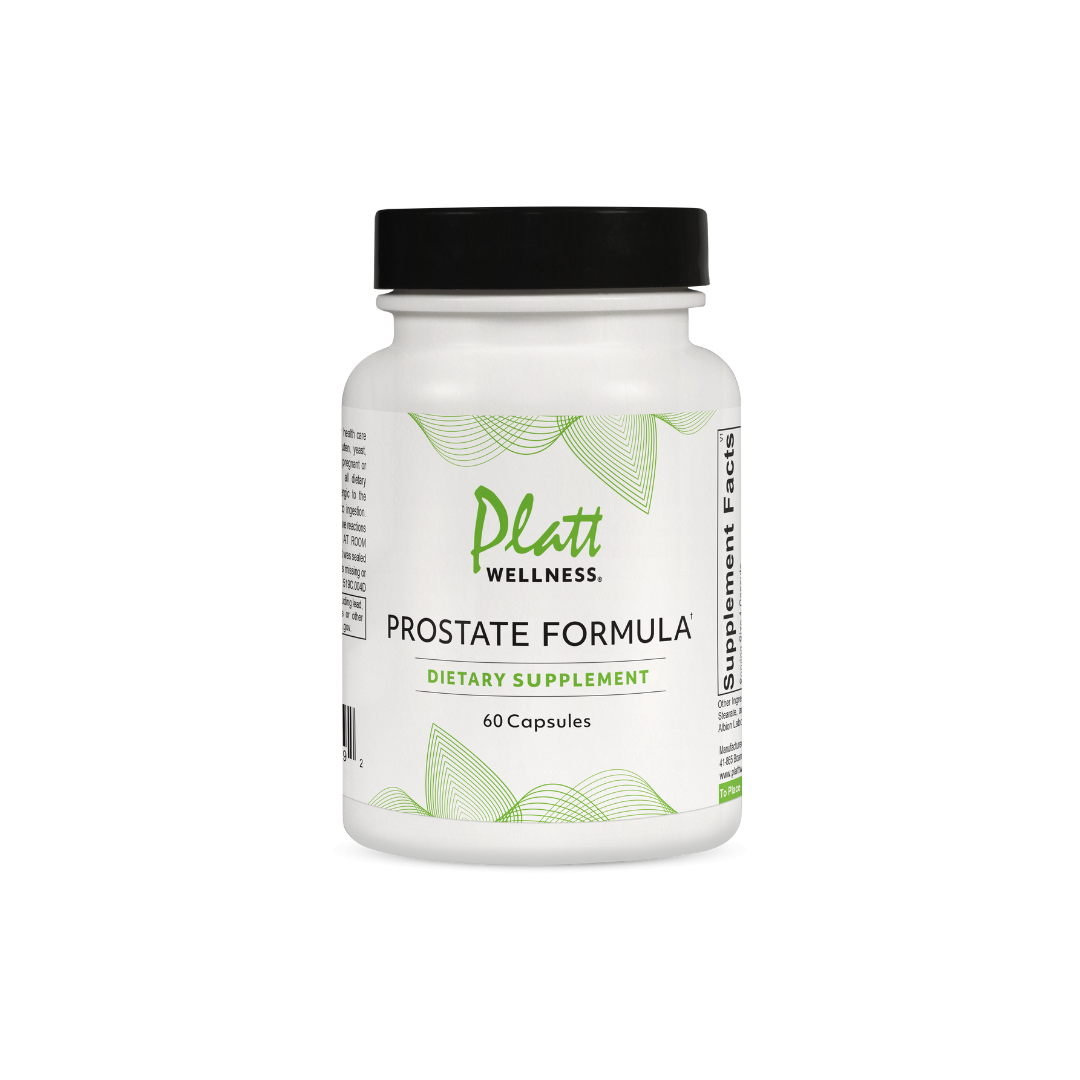Every woman’s journey through menopause is unique, bringing its own set of changes. Your body starts to use energy differently, fat distribution shifts, and weight gain can become more challenging. You might also notice changes in bone or heart health, body shape, or overall physical function.
When considering supplements or changes to your wellness routine, it's essential to weigh both the risks and benefits. Some women experience minimal symptoms even years after menopause, while others continue to face challenges like hot flashes, insomnia, low energy, and mood swings well into their 60s and beyond.
Whether or not you may still have symptoms, as we age, we are at a higher risk of heart disease and cancer as this graph depicts. The cancer stats below relate to a risk of endometrial and breast cancer.

That being said, we will list the many other benefits to taking BHRT for women well past ovarian failure.
Relief from Menopausal Symptoms
Hot Flashes & Night Sweats: BHRT can help reduce the frequency and severity of hot flashes and night sweats, which can persist for years after menopause in some women.
Vaginal Dryness: Estrogen in BHRT can help alleviate vaginal dryness, discomfort during intercourse, and other genitourinary symptoms of menopause.
Mood and Sleep Improvement: BHRT may help improve mood swings, anxiety, and depression linked to menopause. It can also improve sleep quality by reducing symptoms like night sweats and insomnia.
Balancing of glucose levels: Unbalanced hormones affect your metabolic functions, especially in the brain. Progesterone, in particular, helps with cognitive function.
Bone Health
Osteoporosis Prevention: BHRT, like traditional HRT, can help maintain bone density and reduce the risk of osteoporosis, which becomes a greater concern as women age. Estrogen plays a critical role in preventing osteoporosis, and declining levels after menopause can lead to a decrease in bone mass.
Skin and Hair Health
Skin Elasticity: Estrogen is known to play a role in maintaining skin elasticity and collagen production. Some women find that BHRT helps improve skin texture and reduce wrinkles.
Hair Growth: BHRT may also help with hair thinning, which is a common concern as women age, by addressing hormonal imbalances that contribute to hair loss.
Improved Quality of Life
Energy Levels: For some women, BHRT may improve energy levels, reduce fatigue, and enhance overall well-being.
Sexual Function: Beyond relieving vaginal dryness, BHRT may improve libido and sexual function by addressing hormone imbalances related to estrogen, progesterone, and testosterone.
Benefits of Bio-Identical Progesterone Hormone Replacement
When considering hormone replacement therapy, let’s be clear about natural bio-identical hormones and synthetic hormones.
Progesterone is NOT progestin. It is alarming how many scientific articles confuse the two and even lump them into the same category as if they share the same physiologic effect.
Progesterone is needed in order for a woman to conceive a child, maintain pregnancy, and is produced at exceedingly high levels, roughly 400 mg/day in the third trimester. By contrast, progestins cause birth defects and prevent pregnancy.
Progesterone is breast protective and reduces risk for breast cancer while use of Progestins increases risk of breast cancer by 26%.
Progesterone promotes cognitive function and calming neuro-steroids (allopregnanolone) while progestins increase risk of Alzheimer’s by 100%.
Progesterone benefits heart health while use of progestins increase risk of heart attack by 28% and adversely affects coronary function in young women.
About Estrogen:
You should know there are three types of Estrogen: Estrone, Estradiol, and Estriol. Estrogen is the most commonly replaced hormone. In fact, it is the most commonly prescribed drug in the world. And, at the same time, it is the most controversial.
While we are not entirely against estrogen as a hormone replacement, as it has its benefits, including reducing the effects of hot flashes, vaginal dryness, and improved cognitive function, energy levels, etc., it must be countered with Progesterone to prevent estrogen dominance. In addition, Dr. Platt only recommends Estriol 2.5 transdermal cream as it is the weakest and most safe hormone for BHRT.
Keep in mind, the body keeps making estrogen and, as we get older, we become estrogen dominant. Progesterone is probably best known as an anti-estrogen hormone. Estrogen can in some ways be considered a toxic hormone. It is responsible for causing cramps and PMS in women, as well as fibroids, endometriosis, fibrocystic disease of the breast, and PCOS. It is also likely responsible for menstrual migraines, asthma, gallbladder disease, and cellulite. It is the cause of phlebitis and blood clots, and is associated with lupus and rheumatoid arthritis (conditions rarely found in men). As a lipogenic (fat-creating) hormone, it puts on fat around the hips, buttocks, and thighs. It is largely responsible for morning sickness that often occurs during the first three months of pregnancy. In addition, estrogen is linked to six different cancers in women - the breast, uterus, ovaries, vagina, cervix, and colon. It may also be the cause of breast cancer and prostate cancer in men.
Another thing that's probably not well known, even among doctors, is that every cell in the body expresses the enzyme aromatase and contains the machinery to synthesize its own estrogen from circulating precursors. And those circulated precursors are always there, usually cholesterol, which, by the way, rises with age.
So that would imply that if we test tissues, even in menopausal women, we should see an increase in estrogen — especially in women that are having problems with their health — versus decrease, which is what's seen in the blood. Many tests on biopsies done confirms that.
Considerations:
Estrogen bio-identical cream, despite being marketed as "natural," may carry of the same risks as traditional HRT including increased risks of blood clots, stroke, heart disease, and certain cancers. Please consult your healthcare practitioner before starting esgtrogen replacement if you are at risk for any of the above.
In summary, BHRT may offer many benefits for women over 60, particularly in managing symptoms related to menopause and improving quality of life.
However, the decision to use BHRT should be made cautiously, with a thorough understanding of the potential risks, and should involve consultation with a healthcare provider experienced in hormone therapy.
References:
Ross L. Prentice and Garnet L. Anderson. The Women’s Health Initiative: Lessons Learned. Annu. Rev. Public Health. 2007. 29:131–50.
Stute P, Wildt L, Neulen J. The impact of micronized progesterone on breast cancer risk: a systematic review. Climacteric. 2018;21:2, 111-122.
Dinny Graham, et al. Hormone-Responsive Model of Primary Human Breast Epithelium. J Mammary Gland Biol Neoplasia. 2009;14:367–379.
Chlebowski RT, et al. Breast Cancer after Use of Estrogen plus Progestin in Postmenopausal Women. N Engl J Med. 2009 February 5; 360(6): 573–587.
Foidart JM, et al. Estradiol and progesterone regulate the proliferation of human breast epithelial cells. Fertility & Sterility. May 1998;69
Chang, Lee, et al. Influences of percutaneous administration of estradiol and progesterone on human breast epithelial cell cycle in vivo. Fertility & Sterility. April 1995;63
Paolo Muti. Is progesterone a neutral or protective factor for breast cancer? Nature Reviews Cancer. 2014.
Alkhalaf M, El-Mowafy A, Karam S. Growth inhibition of MCF-7 human breast cancer cells by progesterone is associated with cell differentiation and phosphorylation of Akt protein. European Journal of Cancer Prevention. 2002; 11: 481–488.
Wood CE, et al. Effects of estradiol with micronized progesterone or medroxyprogesterone acetate on risk markers for breast cancer in postmenopausal monkeys. Breast Cancer Res Treat. 2007;101:125–134.
John Eden. The endometrial and breast safety of menopausal hormone therapy containing micronized progesterone: A short review. Aust NZ J Obstet Gynaecol. 2017; 57: 12–15.
Schule C, Nothdurfter C, Rupprecht R. The role of allopregnanolone
in depression and anxiety. Progress in Neurobiology. 2014;113:79–87.
John Eden. The endometrial and breast safety of menopausal hormone therapy containing micronized progesterone: A short review. Aust NZ J Obstet Gynaecol. 2017; 57: 12–15.
Rosano GM, et al. Natural Progesterone, but Not Medroxyprogesterone Acetate, Enhances the Beneficial Effect of Estrogen on Exercise-Induced Myocardial Ischemia in Postmenopausal Women. J American College of Cardiology. 2000;36.
Rossouw JE, et al. Risks and Benefits of Estrogen Plus Progestin in Healthy Postmenopausal Women. JAMA. 2002;288.
Hulley S, et al. Randomized Trial of Estrogen Plus Progestin for Secondary Prevention of Coronary Heart Disease in Postmenopausal Women. JAMA. 1998;280.
Cheryl L. Rock, Shirley W. Flatt, Gail A. Laughlin, et al., "Reproductive Steroid Hormones and Recurrence-Free Survival in Women with a History of Breast Cancer," Cancer Epidemiology Biomarkers and Prevention 17 (2008): 614-20. https://www.ncbi.nlm.nih.gov/pubmed/18323413
Formby, B., Wiley, T.S., "Progesterone inhibits growth and induces apoptosis in breast cancer cells: inverse effects on Bcl-2 and p53," Annals of Clinical & Laboratory Science. Nov-Dec;28(6):360-9 (1998). https://www.ncbi.nlm.nih.gov/pubmed/9846203
Horita K1, Inase N, Miyake S, Formby B, Toyoda H, Yoshizawa Y. "Progesterone induces apoptosis in malignant mesothelioma cells," Anticancer Research, Nov-Dec;21(6A):3871-4 (2001). https://www.ncbi.nlm.nih.gov/pubmed/11911261
Roni T. Falk, Louise A. Brinton, Joanne F. Dorgan, et al., "Relationship of serum estrogens and estrogen metabolites to postmenopausal breast cancer risk: a nested case-control Study," Breast Cancer Research 15 (2013): online 2013 Apr 22. https://www.ncbi.nlm.nih.gov/pubmed/23607871
DISCLAIMER - These statements have not been evaluated by the FDA. These products are not intended to diagnose, treat, cure, or prevent disease or medical conditions. The products and information found on plattwellness.com are not intended to replace professional medical advice or treatment. Individual results may vary.
